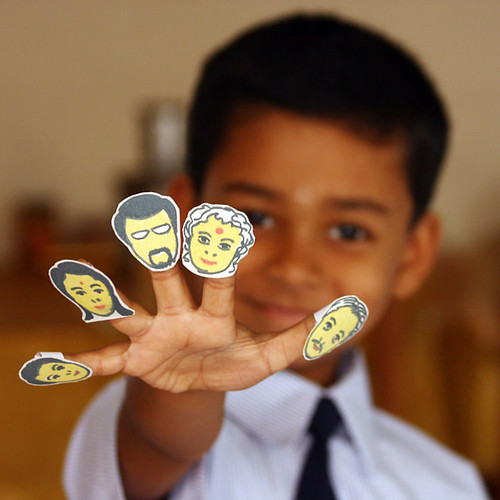Are you familiar with Dale's Cone?
As you can see, the
more involved a person is with the learning, the more they are able to
demonstrate, apply and practice what they have learned. The next level allows the learner to analyze,
create and evaluate/analyze what is going and share the learning with
others.
Learning translated
into staff development follows this pattern and has two distinct
components: training and field
coaching. No one does this better than
Consult 4 Kids consultants. These
seasoned professionals bring experience backed by skill to the work they do
with clients. C4K’s Online Instruction
and Vocational Training provide wonderful foundational support for frontline
staff. After participating in this
online or written training, staff is able to demonstrate, apply and practice. It is the face-to-face interaction with a
seasoned professional that helps staff to move to the next level and analyze
and assess what is happening, and then determine next steps. When you combine these two powerful
forces--you have created a platform for high-quality programming supported by
exemplary staff performance.








